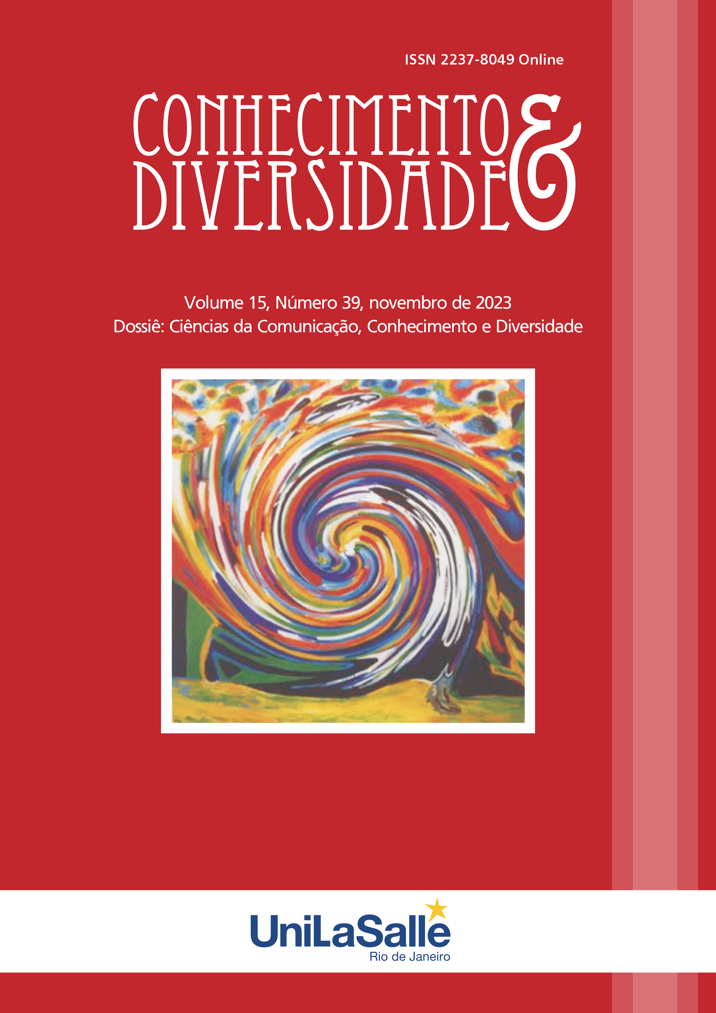REMOTE EVALUATION
FROM DILIGENCE OF THE PROCESS TO MATURATION OF THE EXPERIMENT
DOI:
https://doi.org/10.18316/rcd.v15i39.11157Keywords:
E-assessment, Distance learning, ModellingAbstract
The pandemic situation has forced teaching and learning practices around the world to reassess their systems and innovate in terms of ergonomics. Highly visible changes have overturned teaching and learning habits. Initially highly improvised, distance learning in Moroccan schools has taken its first steps through repeated trial and error until it has established itself as a possible educational tool. Teachers and decision-makers, in unison, are faced with the urgent need to reinvent education and combine it with technology. A plethora of formats and platforms are now part of the vocabulary of education. However, in addition to diligent health conditions, distance learning is required to break with the accidental nature of its advent and become an optional, alternative or even blended mode. This study looks at the forms of distance assessment that need to be implemented in order to capitalise on, verify and enhance learners' achievements.
References
BLAIS Jean-Guy. « L’obligation de résultats à la lumière de l’interaction entre le quantitatif et le social », in C. Lessard & P. Meirieu (Éd.), L’obligation de résultats en éducation. Évolution, perspectives et enjeux internationaux, 2005, Bruxelles, De Boeck, pp.123- 144.
COLET REGE Nicole, « La place de l’évaluation formative dans le développement professionnel des enseignants- chercheurs », [in] V. Bedin (Éd.), L’évaluation à l’université, évaluer ou conseiller ? Rennes, Presses Universitaires de Renne, 2009, p. 282
KUHN Thomas Samuel, La structure des révolutions scientifiques, Paris, 1970, Éditions Flammarion, coll. Champs, p. 30.
DE KETELE Jean-Marie, « L’évaluation conjuguée en paradigmes », Revue française de pédagogie, n°103, 1993, pp.59-80.
DE KETELE Jean-Marie, « Évolution des problématiques issues de l’évaluation formative. », in G. Figari & M. Achouche (Éd.), L’activité évaluative réinterrogée : regards scolaires et socioprofessionnels, Bruxelles, 2001, Éditions De Boeck, pp. 102- 108.
MOULOUD Noël, « Modèle », in Enclycopaedia universalis, Vol. 15, Paris, 2002, Encyclopaedia Universalis,p 294.
FIGARI Gérard, « Évaluation, science des conjectures : regard critique sur le texte de Le Poultier », in J. Py, A. Somat& J. Baillé (Éd.), Psychologie sociale et formation professionnelle. Rennes, 1998, Éditions Presses Universitaires de Rennes.
MACHADO André Eusébio, Évaluation et participation. Une étude sur le rôle des acteurs dans l’évaluation de la formation continue. Thèse de doctorat en Sciences de l’éducation, 2007, Université de Minho.
MERLE Pierre, « L’évaluation des élèves une modélisation interactionniste des pratiques professorales », in Modélisations de l’éducation en éducation, dir. Lucie Motier, coll. Raisons éducatives, Éditions De Boeck, Paris, 2012, p. 240.
LAVEAULT Dany et FOURNIER Charles, « L’évaluation par objectifs : une approche métacognitive »in Mesure et évaluation en éducation, Éditions De Boeck, Bruxelles, 1990.
HADJI Charles, L’évaluation, règles du jeu, Des intentions aux outils, Paris, ESF Éditeur, 1989,p. 191.
Downloads
Published
Issue
Section
License
Copyright (c) 2023 Boubker Bakhat Afdil, Sanae Dahman, Jaouad Boumaajoune

This work is licensed under a Creative Commons Attribution 4.0 International License.
As recommended by the Public Knowledge Project, RCD adopts for its articles a CREATIVE COMMONS Attribution CC BY 4.0 license.
This license allows others to distribute, remix, adapt and build upon your work, even commercially, as long as they credit you for the original creation.
This is the most appropriate license offered.
Recommended for maximum dissemination and use of licensed materials.



